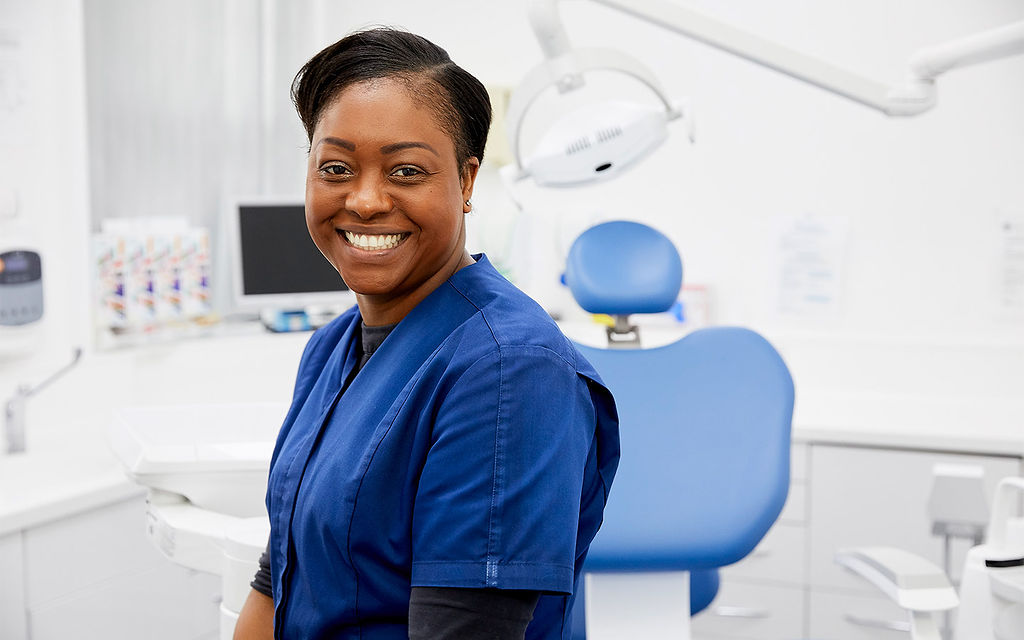What foods are suitable after dental implantA device specially designed to be placed surgically within or on the mandibular or maxillary bone as a means of providing for dental replacement; endosteal (endosseous); eposteal subperiosteal); trans surgery?
After having one or more dental implants fitted, it’s important to know that the treatment isn’t over and you’ll need to practise some self-control at home in order to ensure that the surgery provides long term results.
You can expect some discomfort in the first few hours after dental implant surgery. After an hour, the gauze sponges that have been inside into your mouth for the surgery will be removed and you would be advised to have a softer diet.
DAY 1 - 2
Over the first two days you should only be consuming soft food and liquids, for example soup, ice cream, mashed potatoes, yoghurts.
DAY 3
On the third day you can begin to add some harder foods to your diet, but please make sure they are still soft. These foods include scrambled eggs, mashed potatoes, soft cheeses, soft bread, boiled potatoes and well cooked pasta.
WHAT TO AVOID
Avoiding crunchy or hard foods in this period is important - avoid burgers, crisps, biscuits, crusty bread or pizza. In addition, during this time you should prohibit from having any alcohol or smoking, due to the potential harmful impact it could have on the implantA device specially designed to be placed surgically within or on the mandibular or maxillary bone.
As the area heals you’ll be able to return to your normal diet. However, if you have a sweet tooth or an affinity for harder foods, you’ll have to adjust to a new diet after dental implant surgery that has little more consideration for your teeth. Your implant surgeon will help you with this advice.
Book an appointment
